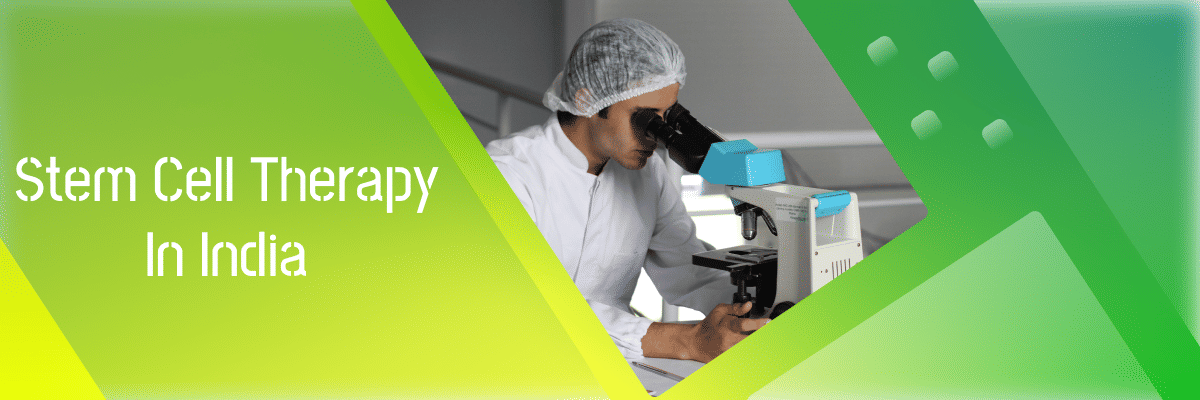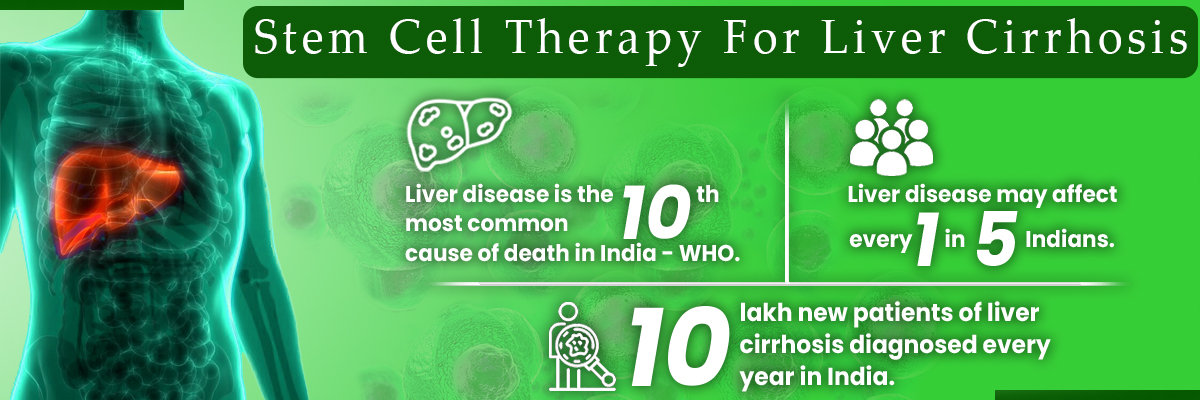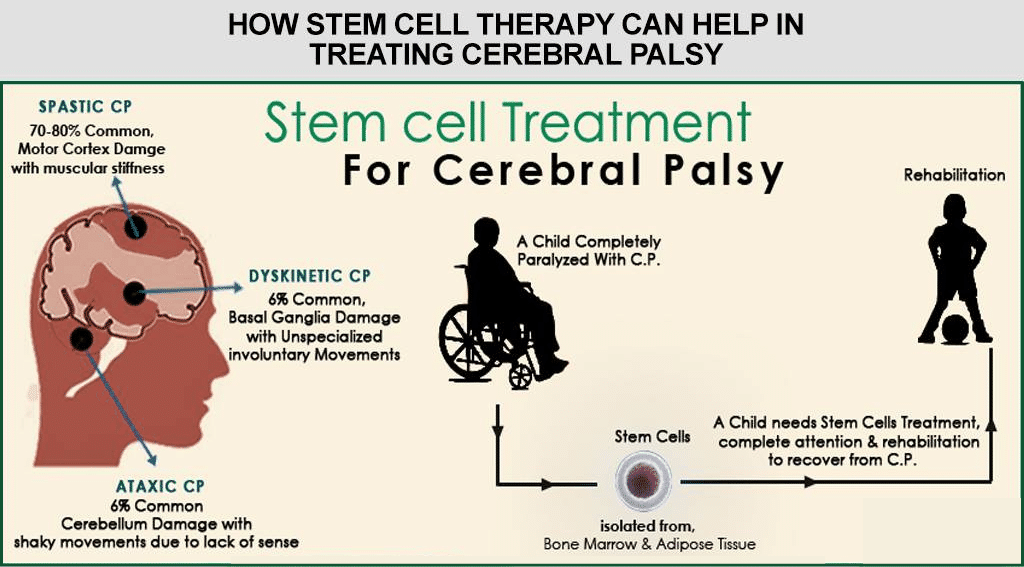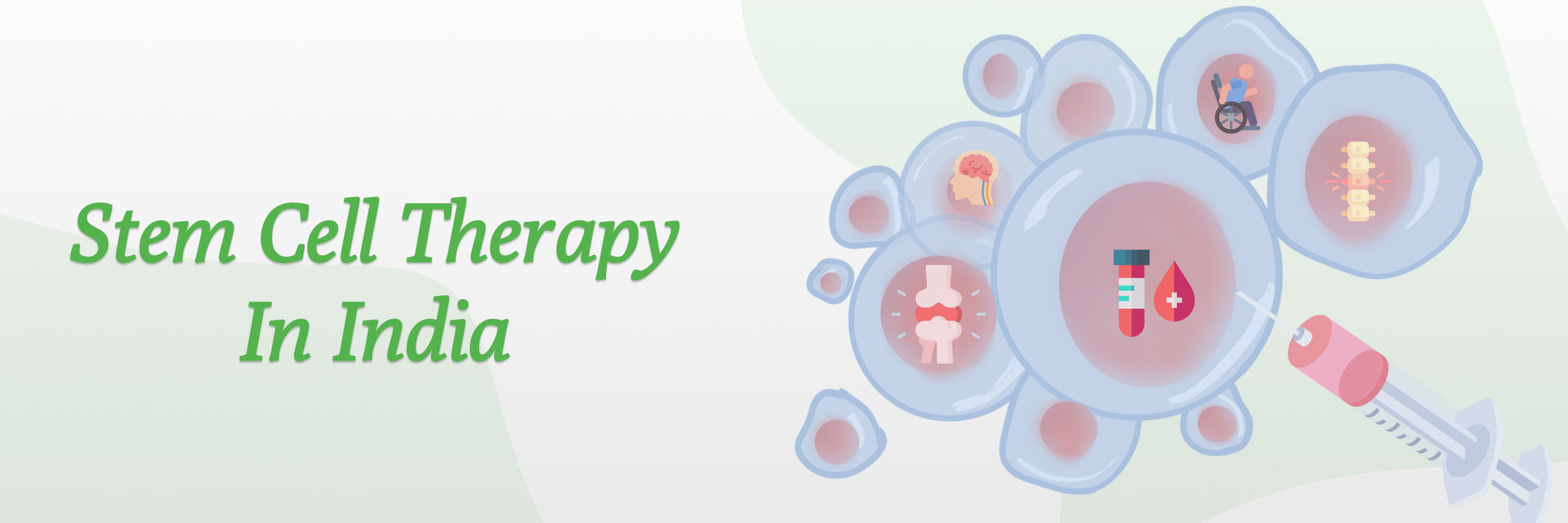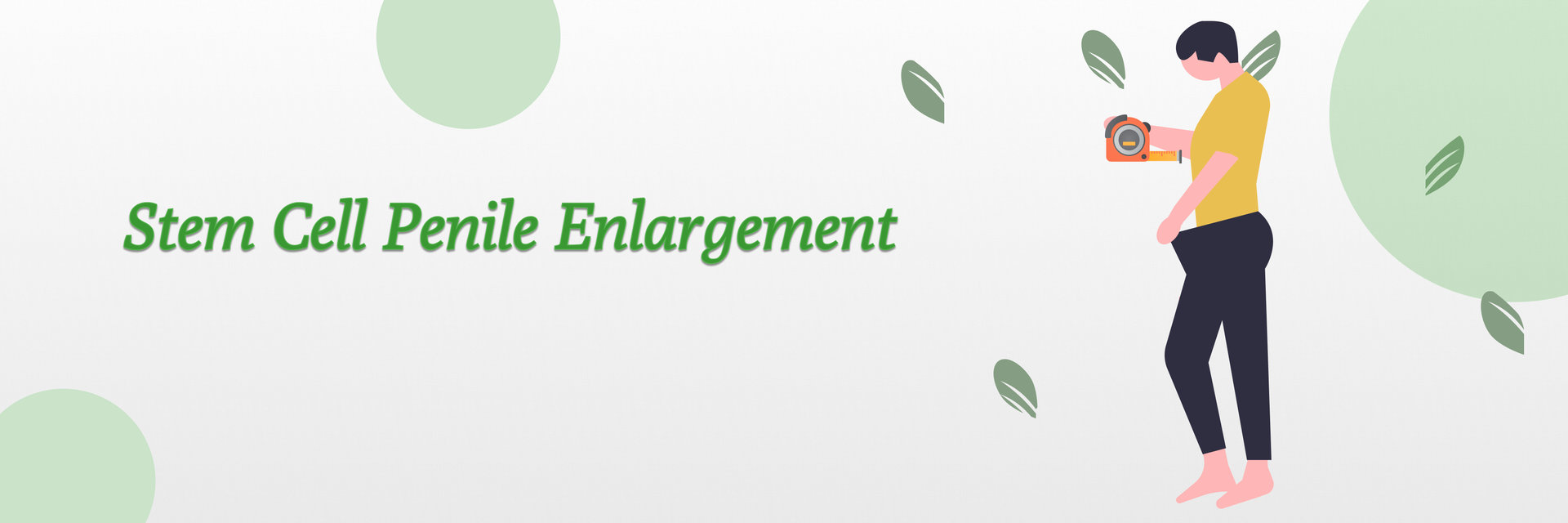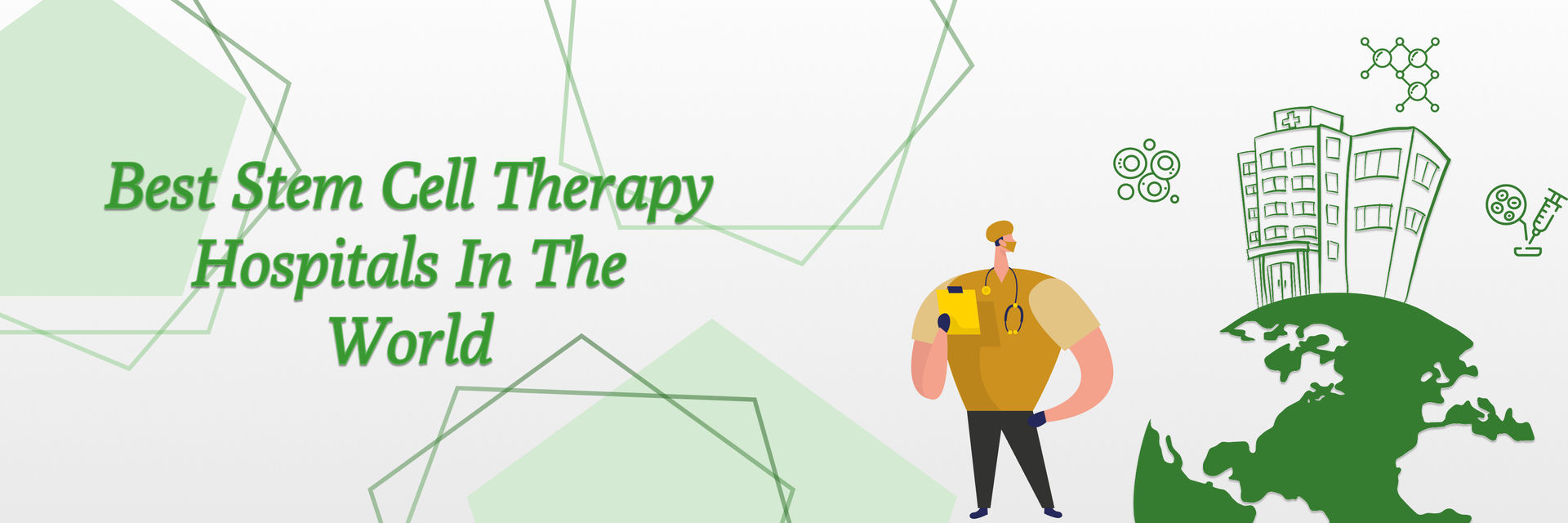Introduction
Stem cell treatment for thyroid disorders represents a groundbreaking approach in modern medicine. The thyroid gland in the neck regulates essential bodily functions like metabolism and growth. Thyroid disorders affect millions globally, impacting hormone production and overall health. Approximately 20 million have thyroid disease worldwide, with many cases undiagnosed. Common thyroid disorders, such as Hashimoto's thyroiditis and Graves' disease, often require lifelong medication.
However, stem cell therapy offers a potential solution by repairing and regenerating damaged thyroid tissue, addressing the root cause of these conditions. This blog explores the latest advancements in stem cell treatment for thyroid disorders, highlighting its potential to revolutionize thyroid care and improve the quality of life for patients suffering from hypothyroidism and autoimmune thyroid diseases.
Dr. Pradeep Mahajan, founder of StemRx Bioscience Solutions and a pioneer in stem cell therapy, advocates for the future of stem cell therapy, which holds great promise across various medical fields. While we are still in the early stages, the potential for regenerative medicine to treat thyroid disorders and other conditions is immense. Continued research and development will be key to overcoming current limitations and making these therapies more accessible to patients worldwide.
What are Stem Cells and How Could They Help?
Stem cell therapy utilizes the remarkable ability of stem cells to regenerate and repair damaged tissues within the body. Stem cells are unique because they can develop into specialized cell types like muscle cells, nerve cells, or thyroid cells. This regenerative potential makes them promising for treating conditions where tissue repair is crucial, such as thyroid disorders.
Types of Stem Cells Used in Therapy:
- Embryonic Stem Cells (ESCs):
- Derived from embryos and can differentiate into any cell type.
- Controversial due to ethical concerns but highly versatile in research.
- Adult Stem Cells (ASCs):
- Found in adult tissues like bone marrow, adipose (fat) tissue, and blood.
- It is less controversial and widely used in current clinical applications.
- Induced Pluripotent Stem Cells (iPSCs):
- Adult cells reprogrammed to mimic embryonic stem cells' properties.
- Offer potential advantages of patient-specific treatments without ethical concerns.
Stem cell therapy holds promise in treating thyroid disorders by replenishing or repairing damaged thyroid tissue, offering a potential alternative to conventional treatments.
Considering stem cell therapy for thyroid issues? Explore how this innovative treatment could transform your health. Contact us today!
Mechanism of Stem Cell Therapy for Thyroid Disorders
Stem cell therapy operates by utilizing the unique ability of stem cells to repair and regenerate damaged thyroid tissue. When introduced into the body, stem cells can:
- Differentiate into Thyroid Cells: Stem cells can transform into thyroid-specific cells, such as follicular cells responsible for hormone production.
- Modulate Immune Responses: In autoimmune thyroid disorders like Hashimoto's thyroiditis, stem cells can help regulate immune responses that attack the thyroid gland.
- Promote Tissue Healing: Stem cells release growth factors and cytokines that stimulate tissue repair and reduce inflammation in the thyroid gland.
Current State of Research and Recent Developments (as of July 2024)
Stem cell therapy for thyroid disease is a rapidly evolving field with ongoing research showing promise. While a definitive cure has yet to be discovered, pre-clinical studies and early-stage clinical trials have produced encouraging results.
Immunomodulation with MSCs: Studies using animal models with induced hypothyroidism have shown that mesenchymal stem cells (MSCs) can reduce inflammation and improve thyroid function.
Thyroid Tissue Regeneration: A 2020 study at Mount Sinai successfully generated functional thyroid cells from human skin cells (fibroblasts) reprogrammed into induced pluripotent stem cells (iPSCs). This breakthrough research suggests the potential for creating a patient-specific source of healthy thyroid cells for future therapies.
Stem cell therapy presents a targeted approach to address the root causes of thyroid dysfunction, offering potential benefits beyond conventional treatments.
Discover how stem cells not only repair but also rejuvenate thyroid function, offering hope for those seeking effective, long-term relief.
Benefits of Stem Cell Therapy
Stem cell therapy offers several advantages over traditional treatments for thyroid disorders:
- Advantages Over Traditional Treatments: Stem cell therapy targets the root cause of thyroid disorders by repairing damaged tissue and regulating immune responses. It potentially offers long-term relief without relying solely on hormone replacement.
- Patient Testimonials and Case Studies: Many patients have reported improved thyroid function and reduced symptoms after undergoing stem cell therapy. Case studies highlight significant improvements in hormone levels and overall quality of life.
Important Considerations and the Road Ahead
While the outlook for stem cell therapy in treating thyroid disorders is promising, several important factors must be considered:
Limited Clinical Data: Most current research is in the pre-clinical or early clinical trial stages. More extensive studies are necessary to confirm the long-term safety and effectiveness of stem cell therapy for thyroid conditions.
Regulatory Hurdles: Health authorities regulate stem cell therapies to ensure patient safety. These regulations can delay the availability of these treatments to the general public.
Cost and Accessibility: Stem cell therapies are expensive and not widely accessible at present. However, as research progresses and technology advances, they are expected to become more affordable and widely available.
Explore how stem cell therapy is reshaping thyroid disorder treatment, with insights into both its benefits and important considerations.
Conclusion
Stem cell therapy is promising to revolutionise thyroid treatment by addressing underlying causes and promoting tissue regeneration. As research progresses and clinical trials yield more data, the potential benefits could redefine therapeutic options for patients with thyroid disorders.
Curious about the potential of stem cell therapy for your thyroid health? Talk to us today. Stay informed about advancements and explore if this treatment could be right for you.
Reference
https://www.thyforlife.com/stem-cell-therapy-for-thyroid-disease/
